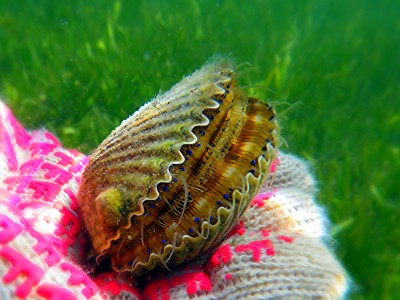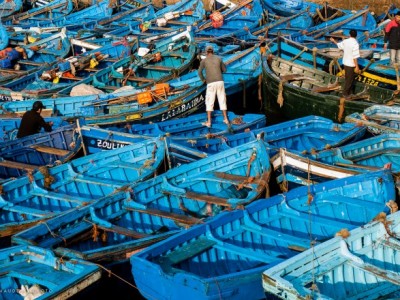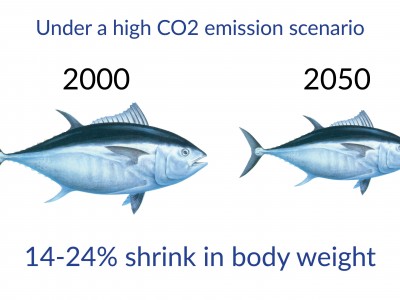COP21: Nereus in the News – Friday, December 11
Climate change news, editorials and interviews from CKNW, the David Suzuki Foundation and Future Oceans.

Climate change news, editorials and interviews from CKNW, the David Suzuki Foundation and Future Oceans.

Based on the current trajectory of human-induced impacts on the environment, it is clear that we are pushing the oceans and marine ecosystems to unprecedented limits. Environmental changes in ocean properties have led to an array of ecological responses, from shifts in the composition of the ocean’s phytoplankton to changing distributions of fish species.

Climate change could affect temperatures all over the world, but what may not be immediately apparent is that climate change will affect ocean temperatures. If CO2 emission rates do not change, the average sea surface temperature is expected to increase by 2 to 3.5 degrees Celsius by the end of the century. This may not seem like much, but it would impact oceans in many ways, making them quite different from how they are today.

From November 20 to December 11, leaders from more than 195 countries will meet in Paris to discuss the future of the planet. But will oceans be on the agenda?
COP21, the “Conference of Parties”, is the 21st United Nations Conference on Climate Change. It is being hyped as the most important climate event since COP15 in Copenhagen, which produced the Copenhagen Accord — a political agreement that was deemed by many to be unsuccessful. Here Yoshitaka Ota, Nereus Director (Policy), and William Cheung, Nereus Director (Science), discuss whether these negotiations will be successful, what’s at stake for the future of the world’s oceans, and what else can be done to mitigate the effects of climate change.